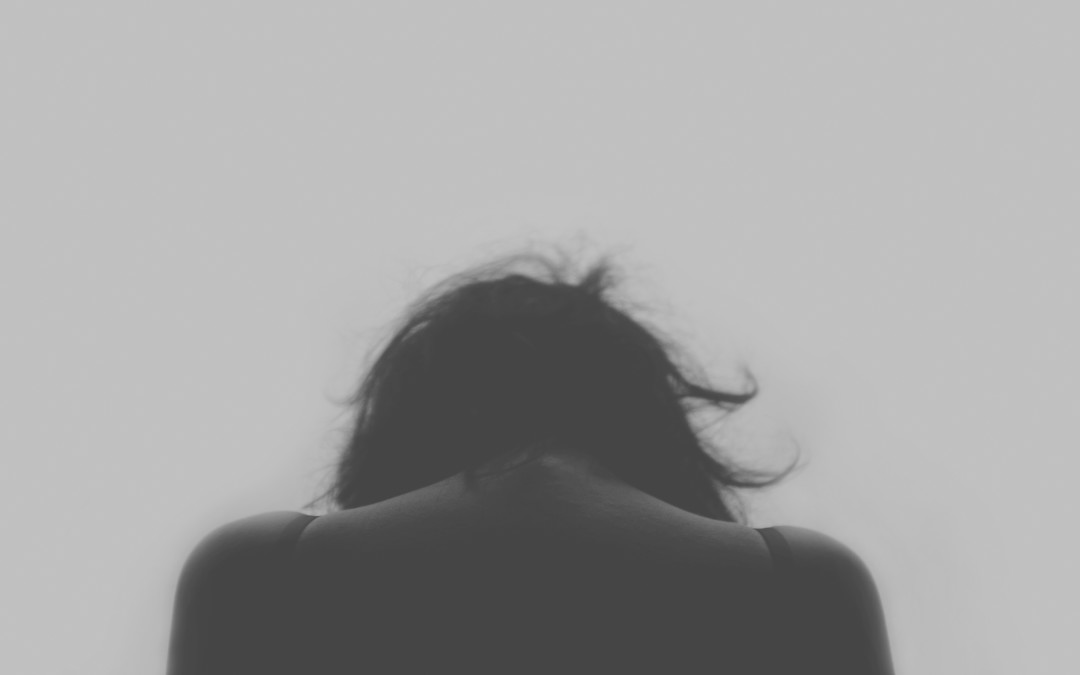
by Teray Garchitorena Kunishi, ND | Jun 18, 2015 | Exercise, Herbs, Irritability, Nutrition, PMS, Self-care, Supplements, Uncategorized |
Dr. Teray offers natural and integrative programs for healing anxiety & depression, chronic fatigue, and digestive conditions. She is a licensed naturopathic doctor, wellness coach, author, and creator of the Deeply Happy Expert Series. She serves clients globally via phone and video consultation.
Get in touch at http://www.deeplyhappy.com/contact/
Latest posts by Teray Garchitorena Kunishi, ND (see all)
by Teray Garchitorena Kunishi, ND | Apr 18, 2015 | Depression, Medication, Supplements, Uncategorized |
Dr. Teray offers natural and integrative programs for healing anxiety & depression, chronic fatigue, and digestive conditions. She is a licensed naturopathic doctor, wellness coach, author, and creator of the Deeply Happy Expert Series. She serves clients globally via phone and video consultation.
Get in touch at http://www.deeplyhappy.com/contact/
Latest posts by Teray Garchitorena Kunishi, ND (see all)
by Teray Garchitorena Kunishi, ND | Feb 28, 2015 | Alzheimer's, Anxiety, Dementia, Insomnia, Medication, Panic, Sleep, Supplements, Uncategorized |
Dr. Teray offers natural and integrative programs for healing anxiety & depression, chronic fatigue, and digestive conditions. She is a licensed naturopathic doctor, wellness coach, author, and creator of the Deeply Happy Expert Series. She serves clients globally via phone and video consultation.
Get in touch at http://www.deeplyhappy.com/contact/
Latest posts by Teray Garchitorena Kunishi, ND (see all)
